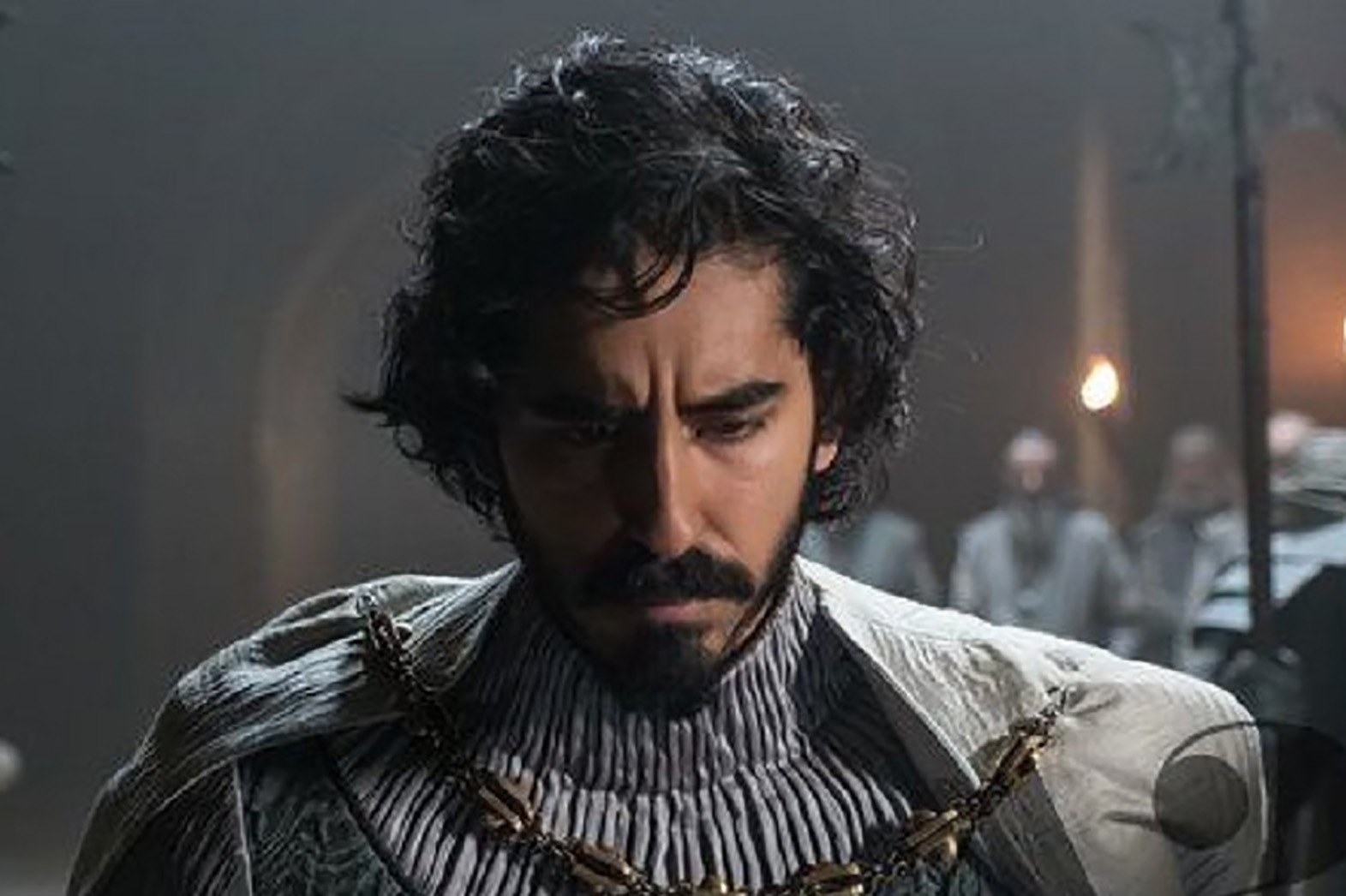Had you told me ten years ago that I would tear through the pages of Hyde, a retelling of The Strange Case of Dr. Jekyll and Mr. Hyde, I would laugh in your face. That story and I have a weird history; between the forced labor of reading the book and watching a play, I hated it. I hated it partly because it felt like a chore. No middle schooler should have to read such an old book, although it wasn’t the hardest book thrown at me in middle school. (Thanks, Mr. Kiesel, for making me hate English, but if it wasn’t for you, I wouldn’t have as strong a foundation in writing as I do today.)
But I also hate this story because it elicits a fear in me that only the Phantom of the Opera does. I hear the music from that show, read Dr. Jekyll’s story, and my blood pressure goes up. It’s no secret amongst my friends. I am the biggest scaredy cat ever, and something about this story plays into some deep-rooted fear for me. It’s a compelling, dark, and twisted story that scares the absolute crap out of me. (But I’ll get into that later.)
My Experience Reading
Hyde by Daniel Levine is by no means a light and fun read. He touches on some very dark themes and topics, such as child abuse in the form of physical, sexual, and psychological trauma, along with rape. And those topics might not be something someone wants to read about in their downtime. I get that. But I wanted to read something scary and dark for October. It is Halloween. And I refuse to read IT or any other sort of horror story. So I went delving deep into the mind of a madman while experiencing a story that I already knew how it ended, but this time I got a new perspective. Levine does an amazing job of describing everything from colors to smells to the scenery. It’s one of the most vivid mental pictures I’ve ever had while reading.
As I said above, the story of Dr. Jekyll and Mr. Hyde terrifies me. Exploring the idea that underneath a respected and well-liked adult lives the essence of evil and darkness left me uncomfortable as a kid. But Levine’s take on the story fleshes out all of the little implications and inconsistencies that the original story has. For example, is Hyde a villain or simply Dr. Jekyll relieved of his responsibilities and the notion of consequences?
What I Love
What I love most about this book is how Levine makes us, the readers, sympathize with Hyde. Hyde is characterized as a monster and a murderer in the original story. He is almost irredeemable. But in Levine’s story, we see how repressed Dr. Jekyll is, almost to the point of impotence, and how Hyde is Jekyll’s liberation from repression. But with this liberation, Hyde must face a world where he has no place. Levine crafts a beautiful duality between the two main characters through the eyes of Hyde. We explore the trauma that Henry Jekyll went through as a small child at the hands of his monstrous father. Hyde is a creation of Jekyll’s mind. He protects Jekyll. Hyde sets Jekyll free of his restraints.
What makes Levine’s story so unique, outside of it being from the perspective of Hyde, is how he crafts the relationships between Hyde and Jekyll. They don’t feel like split personalities inhabiting one body. It almost feels like they are siblings. The resentment Hyde feels towards his counterpart feels like how a child who has always played second fiddle to another sibling. In this instance, Hyde’s existence goes unknown to others for decades. The story feels like watching a rivalry unfold between brothers. Their relationship feels similar to the relationship of Moon Knight. One character is liked and well-mannered, and the other is not so much. There are definite differences, but the comparison stands at face value.
I Didn’t Read This Book At Night
I usually read before bed, but I couldn’t do that with this book. My heart would start racing, and I would be up until the sun came up. Like the scaredy cat I am, I even had a few Dr. Jekyll and Mr. Hyde-related nightmares. This book is not a light, easy read and played on my fears and anxiety, but isn’t that what you want from a scary book? If I was still in school, I would try to write a paper where I could use these characters as an example for something. I don’t know what, but there is something profound that should be explored either in an essay or in your journal about the relationship between Dr. Henry Jekyll and Edward Hyde.
Next month we are reading The Final Solution by Michael Chabon. (One of my favorite writers of all time. I chose something short as an introduction for those who might have never read him before this.)




